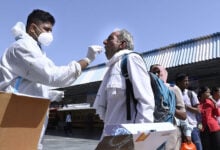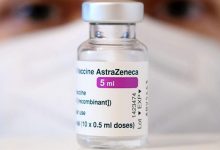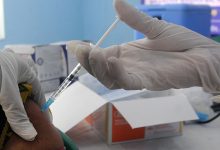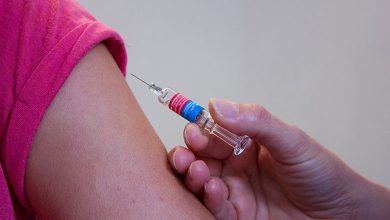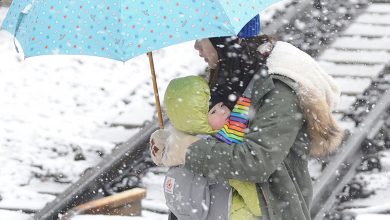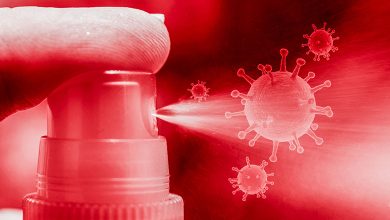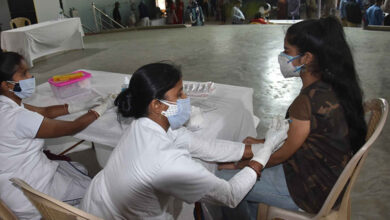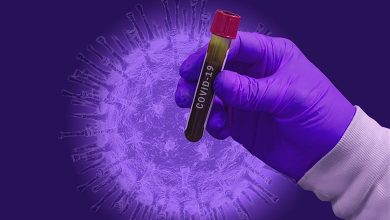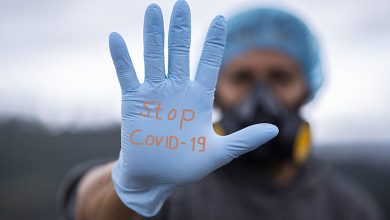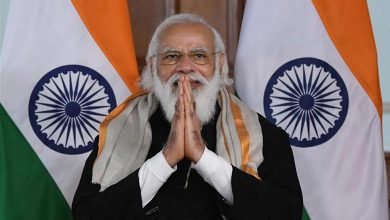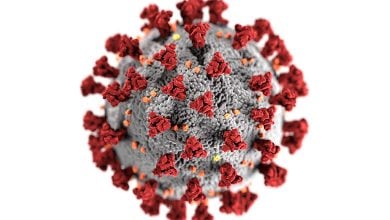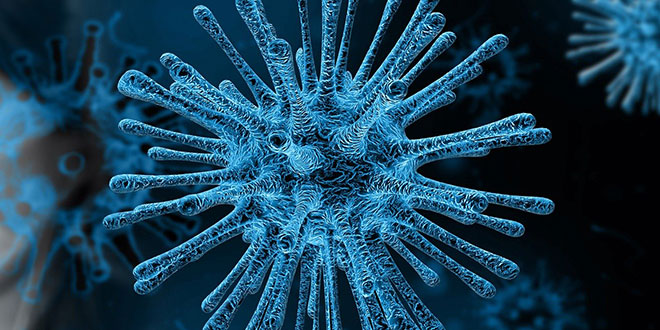
The Indian Council of Medical Research (ICMR) has Come up with an easy frequently asked questions (FAQ) to dispel myths and bring out facts about the Coronavirus. Here’s a quick look.
1. Are patients with heart disease, diabetes or hypertension at increased risk to get coronavirus infection?
No, people with hypertension, diabetes or heart diseases are at no greater risk of getting the infection than anyone else.
2. Among people with above diseases is there an increased risk of severe illness or complications once infected?
The majority, which is 80 per cent of people diagnosed with COVID-19 will have mild symptoms of a respiratory infection (fever, sore throat, cough) and make a full recovery. Some of the people with diabetes, hypertension and heart diseases including Heart Failure may develop more severe symptoms and complications. Therefore, they require extra care.
3. Are people with diabetes more prone to Covid-19 ?
In general, you know that people with uncontrolled diabetes are at increased risk of all infections. People with diabetes are not at higher risk for acquiring the infection, but some individuals are prone to more severe disease and poorer outcomes once infected.
Hence, follow your diet and exercise routine (to the extent possible), take your medications regularly and test your sugar levels frequently so as to keep your diabetes under control. When diabetic patients become sick, they may require frequent monitoring of blood glucose and adjustment of drugs including insulin, small frequent meals and adequate fluids.
4. What about reports about BP medications increasing severity of COVID-19 ?
After review of the available information the consensus of various scientific societies and expert group of cardiologists is that currently there is no evidence that the two group of drugs- ACE inhibitors (For instance, Ramipril, Enalapril and so on) and angiotensin receptor blockers (ARBs) (Namely, Losartan, Telmisartan and so on) increase the susceptibility or severity of COVID-19.
These drugs are very effective for heart failure by supporting your heart function, and controlling high blood pressure. It may be harmful to stop these medications by yourself. This can worsen your heart condition.
5. What can I take pain or fever?
Some type of painkillers like Ibuprofen is found to worsen the COVID-19. Such drugs are known to be harmful to heart failure patients and may increase your risk of kidney damage. Avoid NSAIDs or take them only when prescribed by your doctor. Paracetamol is one of the safest pain killers to use if needed.
6. What should I do if I get symptoms suggestive of COVID-19?
In case you get fever, cough, muscle pain without shortness of breath, call your doctor and seek advice on phone. You need to stay at home (at least for 14 days) and avoid close contact with other family members and maintain hand hygiene and correctly wear a medical mask. If there is shortness of breath or worsening symptoms like excessive fatigue call or visit a doctor.
But, at the end of the end it’s all about prevention rather than cure. That leads to the final question.
7. What should you do to prevent COVID- 19?
Covid-19 is spread by coughs and sneezes, through what are called droplets ( tiny amount saliva or other secretions expressed through cough/sneezing or even after a hearty laugh) and through touch. When you touch an object that has the virus particles on it, the virus may get onto hands and when one touches his or her face, they may get infected.
Virus particles can persist upto 3 days and therefore it is important to maintain hygiene of ones surroundings. “Wash the rooms, tables and other surfaces with floor cleaners or even simple soap solution and sanitize your hands with hand sanitizers or by washing when you touch unknown or suspicious surfaces,” instructs the ICMR.
There are at least 606 confirmed coronavirus cases in India as of Wednesday, the Ministry of Health and Family Welfare said. Of this, 553 are active COVID19 cases, 42 patients have recovered and discharged from the hospital and 10 people have lost their lives. The active cases include 563 Indian nationals and 43 foreign nationals.
India has already issued a 21 days nationwide lockdown to prevent the spread of the virus.
